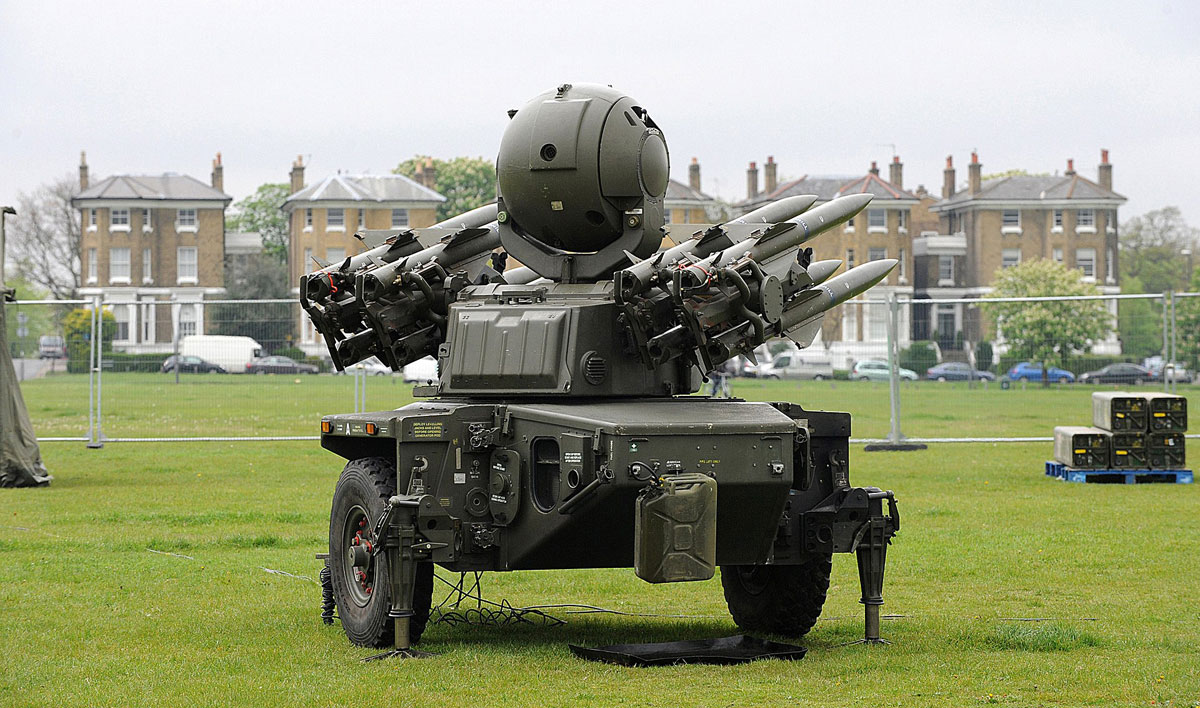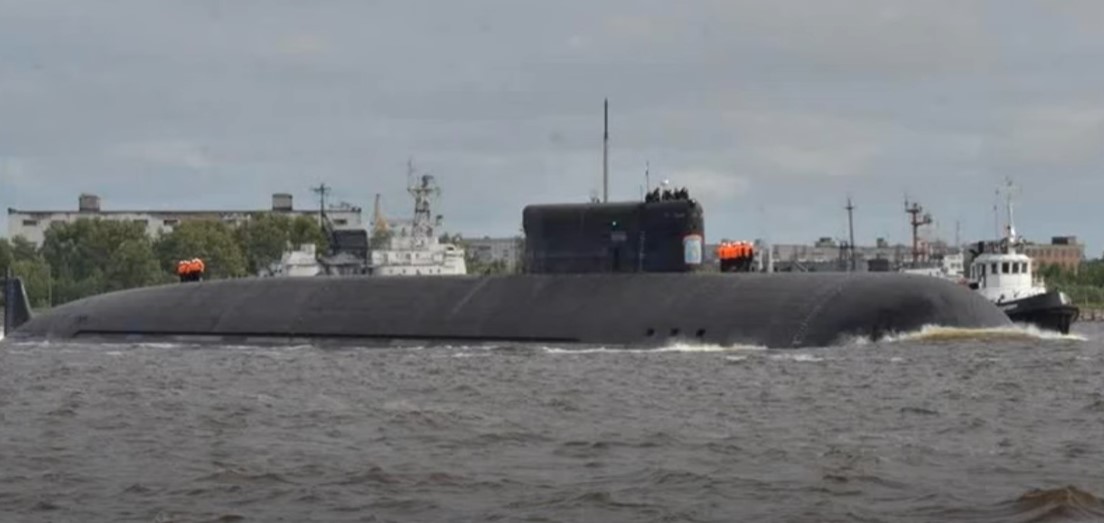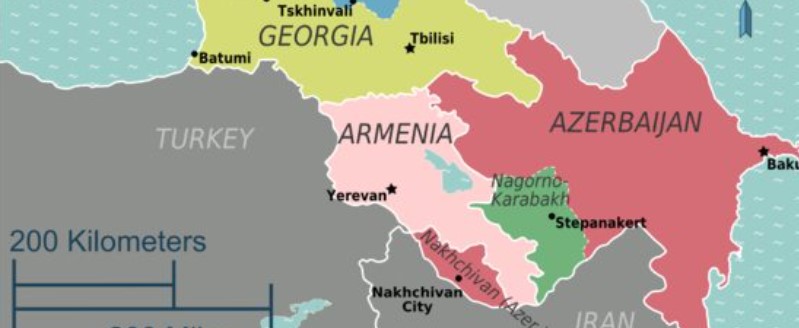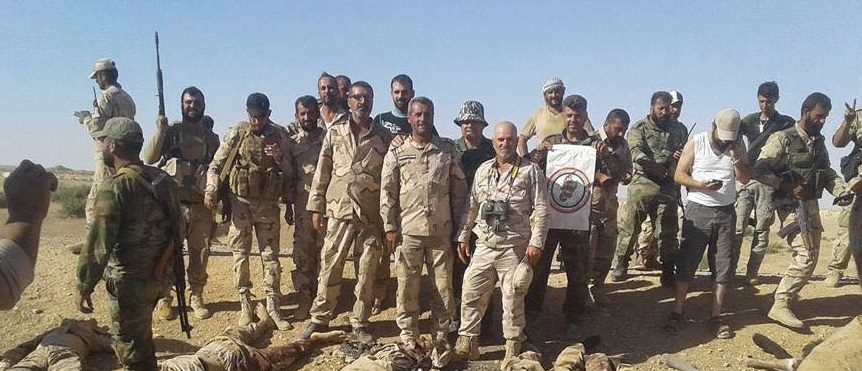Syrian opposition faces defeat after Trump victory
Syrian opposition leaders met in Stockholm this week to discuss their predicament in Aleppo. The victory of the Republican candidate Donald Trump, have their dimmed hopes of winning the protracted conflict in Syria.
Published: November 12, 2016, 10:43 am
Withdrawing US support for the Syrian rebels still fighting in east Aleppo, neighbouring Idlib province and the south of the country, could finally tilt the war in the Syrian government’s favour.
Hillary Clinton had been the opposition rebels’ best chance of prolonging the war. As secretary of state, Clinton forcefully argued that hostilities could serve the US’s interests of unseating the Syrian leader, president Assad. The gaggle of political leaders and commanders of militant groups had been heavily invested in a Democratic success.
The outgoing Obama administration tacitly supported opposition forces in the war both logistically and financially. The conflict has killed more than 400 000 people to date, but Washington had been committed to the single idea that Assad must be removed from power.
In contrast, Trump spoke out in support of Bashar al-Assad earlier. If the United States were to attack Assad, “we end up fighting Russia, fighting Syria,” Trump told The Wall Street Journal in an interview published on Friday.
“My attitude was you’re fighting Syria, Syria is fighting ISIS [Islamic State], and you have to get rid of ISIS. Russia is now totally aligned with Syria, and now you have Iran, which is becoming powerful, because of us, is aligned with Syria. … Now we’re backing rebels against Syria, and we have no idea who these people are,” he added.
During his election campaign Trump said many opposition groups, the so-called “rebels” that could come to power after Assad’s resignation, could be far worse. Trump said that his priority in Syria would be to eliminate the jihadists.
The embattled Syrian president on Thursday signalled his “readiness to cooperate” with the US President-elect Donald Trump, one of Assad’s advisers said.
Speaking to US media group National Public Radio, Bouthaina Shaaban cautiously suggested the Syrian government would “wait to see what are the policies of the President-elect… particularly towards terrorism,” ahead of any collaboration on Syria’s almost six-year-long civil war.
“I think the American people have sent a great, a very important message to the world,” she added.
The outcome of the US presidential election has hit home among those opposition groups present in Stockholm. The likelihood of Trump endorsing Putin’s policy of bombing the opposition to the negotiating table, while starving communities that support them into surrender, became even starker.
But they persisted in a show of bravado. “The reaction was simple,” said one of the participants at the meeting. “One of the leaders shrugged and said ‘we are like cockroaches, nothing can kill us’, and then they moved on.”
It is clear that Syrian opposition leaders expect the US president-elect to frame his Syria policy as a fight against ISIS. Trump’s own transition team is reportedly skeptical of investing anything further in the opposition.
A Russian foreign affairs analyst, Vladimir Frolov, said on Thursday Russia expects Trump not to stand in Putin’s way to clean up the remaining terrorist cells still present in the north-east of the country.
“That might not be too far from the truth,” a senior European official involved in discussions over Syria agreed. “We expect that he will defer to Putin on many things. This one is actually rather simple for him. He will outsource it and concentrate on ISIS.”
The Syrian newspaper al-Watan reported most Syrians had felt “joy” at the result, and that many had spent the night up following the US election. Trump had no designs in Syria, or the region, it said.
Russia has so far not carried out its threat of using its carrier group stationed near Cyprus to obliterate what remains of opposition-held east Aleppo, crucial to the outcome of the conflict.
But threats were issued by the parties involved in supporting the Syrian rebels warning that US withdrawal would diminish the role of the CIA in vetting weapons sent into Syria from Turkey. A core CIA function has been to ensure that anti-aircraft weapons, which could be used against passenger planes, do not end up in the hands of rebel groups for use against the Syrian and Russian air forces.
On the southern front, the CIA working together with Jordanian officials have limited re-supplies in arms for the past six months. The Turkish border remains the only meaningful supply line for rebels who are fast running out of options.
Turkish officials say they received assurances from the US military that in Syria its Kurdish proxies will only isolate Raqqa, another ISIS stronghold and that no decision will be taken to enter the city before Trump’s inauguration.
Trump said during the second presidential debate that regime change only causes more instability in the Middle East and while Assad might not be a welcome partner, shoring up his government is the best way to stem the extremism flourishing at present in the chaos of the Syrian conflict.
On Saturday, an official of the Syrian Democratic Forces (SDF) announced Kurdish forces had captured two crucial sites from ISIS in the northern parts of Raqqa province.
Thus on Friday evening, SDF fighters established full control over the village of Al-Kashish and the neighbouring town of Al-Hisbah. The latter site is highly crucial, because according to Al-Masdar News, it lies between two main roads leading southwards to the provincial capital of Raqqa, the self-proclaimed Islamic State capital.
Al-Hisbah also served as a local headquarters and command center for ISIS commanders.
Effectively, US-backed Kurdish forces have liberated over a dozen villages since launching operation Euphrates Wrath less than a week ago. The SDF offensive – backed by US special forces and coalition airstrikes – hopes to seize the predominately Arab city of Raqqa and incorporate it in Rojava, a somewhat autonomous Kurdish region in northern Syria.
Samir Aita, former editor-in-chief of Le Monde Diplomatique’s Arabic edition, said that while Mosul is the economic capital for ISIS, Raqqa is “the first city they conquered and on which they based their state project”.
“As a state, ISIS will only disappear if they will lose control of Raqqa,” he told Al Jazeera. “What will be a determining factor is the way in which Raqqa will be liberated. This will shape the future of Syria.”
All rights reserved. You have permission to quote freely from the articles provided that the source (www.freewestmedia.com) is given. Photos may not be used without our consent.
Consider donating to support our work
Help us to produce more articles like this. FreeWestMedia is depending on donations from our readers to keep going. With your help, we expose the mainstream fake news agenda.
Keep your language polite. Readers from many different countries visit and contribute to Free West Media and we must therefore obey the rules in, for example, Germany. Illegal content will be deleted.
If you have been approved to post comments without preview from FWM, you are responsible for violations of any law. This means that FWM may be forced to cooperate with authorities in a possible crime investigation.
If your comments are subject to preview by FWM, please be patient. We continually review comments but depending on the time of day it can take up to several hours before your comment is reviewed.
We reserve the right to delete comments that are offensive, contain slander or foul language, or are irrelevant to the discussion.

Swedish Weapon Takes Down Russia’s Best Attack Helicopter
The Russian attack helicopter Ka-52 is considered one of the world's best and has struck fear in Ukraine, where it has hunted down tanks and other armored vehicles, often beyond the range of many light anti-aircraft systems. However, it has met its match in the Swedish air defense missile system RBS 70, which has quickly led to significant losses for the Russian helicopter forces.

Switzerland destroys its weapons instead of giving them to Ukraine
Despite growing international pressure, Switzerland is instead destroying older air defense systems that it has decommissioned. The country claims that sending weapons to a warring party would violate its historical neutrality policy.

Food, energy, housing: True German inflation is 56 percent
BerlinPrices are skyrocketing and we are all getting poorer - everyone feels the price shock, but in statistics it shows up much smaller. Official inflation figures are around 10 percent. But many citizens notice in their everyday life: Prices are rising - in the supermarket, at the gas station - much faster.

Arms race in the deep: ‘Seabed Warfare’
An article published in issue 148 (July-August 2022) of the German military journal Deutschen Militärzeitschrift (DMZ), examined underwater warfare in the 21st century and its importance for geopolitical and security policy. Due to the current developments surrounding the acts of sabotage on the Baltic Sea pipelines Nord Stream 1 and 2, this article has gained unexpected prominence.

American Armenians call for an immediate end to Azeri aggression
Armenian Americans for Human Rights (AAHR), founded in the United States in 2018, issued a press release issued on the dire situation in Nagorno-Karabagh, strongly condemning the latest aggression by Azerbaijan against the Republic of Artsakh (Nagorno-Karabagh) and the Republic of Armenia.

Oil wars: Iran responds to British seizure of oil tanker
When the British military seized an Iranian oil tanker, its Marine commandos came on board the vessel by helicopter. Iran has now demonstrated that it can act on the same operational level as Britain, says a military analyst.

Visit to Syria: Will the refugees in Europe return?
SYRIASyria is now safe except for one province that remains to be liberated, and former refugees are needed to help rebuild the country. That was the message received by Mikael Jansson, Swedish Member of Parliament and candidate for nationalist Alternative for Sweden, when he visited Syria last week. Reporters from Free West Media were included in the official delegation and interviewed several political and religious leaders as well as returning refugees.

‘US may be wrong on number of Russian nuclear warheads’
US calculations of the number of nuclear warheads stored in Russia may be wrong by an order of thousands, said former Secretary of Defense William Perry. Washington does not have accurate information about it, he says.

Head of State removed in Lugansk – his team accused of collaboration with Ukraine
The Head of State of self-proclaimed Lugansk People’s Republic (LPR) Igor Plotnitsky (pictured) has been forced to resign. His duties have been taken over by Head of the State Security Bureau Leonid Pasechnik. On November 21, armored vehicles rolled into Lugansk at the order of the Ministry of Interior and secured key buildings, assisted by a contingent sent by the neighboring Donetsk People’s Republic (DPR). They proceeded in arresting associates of the Head of State Igor Plotnitsky, accusing them of being agents sent by Kiev. Free West Media's reporter was on site.


